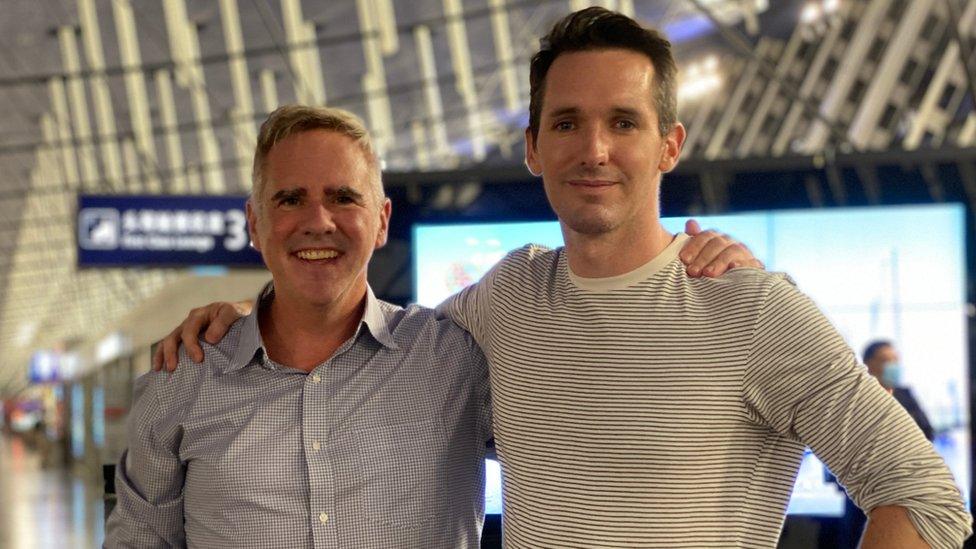Mike Pompeo lashes out at China at 'Quad' meeting in Japan
- Published
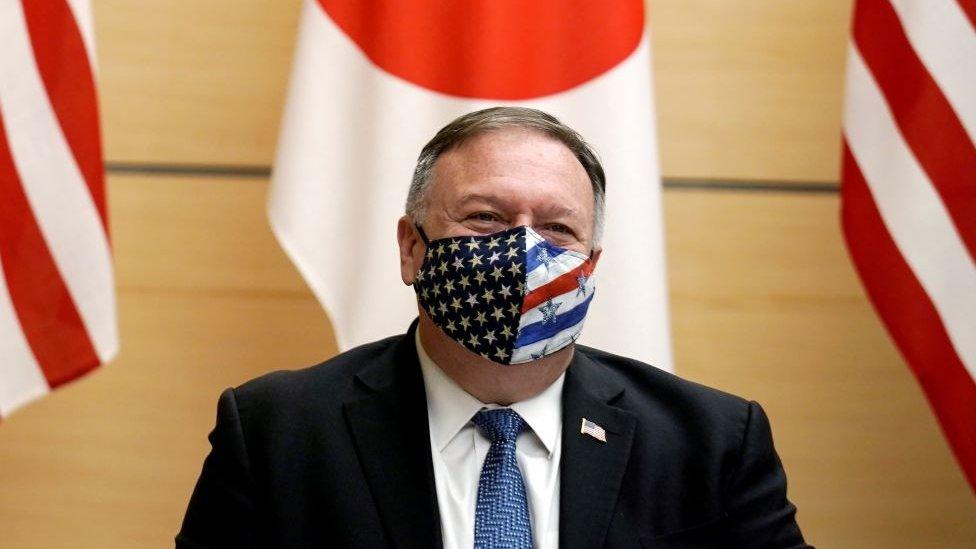
US Secretary of State Mike Pompeo is holding talks with the Quad group
US Secretary of State Mike Pompeo lashed out at China on Tuesday at a meeting in Tokyo of US regional allies.
Mr Pompeo accused China's governing Communist Party of "exploitation, corruption and coercion".
He was meeting counterparts from Australia, India and Japan - a group known as "The Quad" - to discuss an increasingly assertive China.
Under the Trump administration, relations between the US and China have plummeted to their worst in decades.
As a counter-measure, Washington has been making efforts to strengthen ties with regional allies.
The Quad - the other members represented by Japan's Toshimitsu Motegi, Australia's Marise Payne and India's Subrahmanyam Jaishankar - was expected to discuss other issues as well, including the coronavirus pandemic and cyber security.
"Looking forward to discussing increased cooperation to promote our shared vision for a free and open #IndoPacific, composed of nations that are independent, strong, and prosperous," Mr Pompeo tweeted on departure.
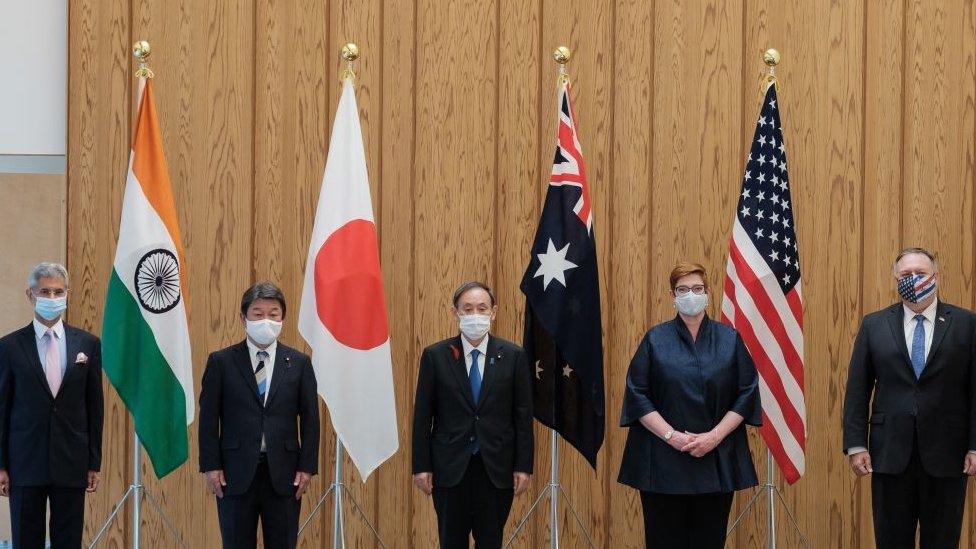
Japan's Prime Minister Yoshihide Suga (C) also made an appearance
China has previously made clear its disdain for the Quad grouping, and warned ahead of the meeting against "exclusive cliques" that target third parties.
"We hope relevant countries can proceed from the common interests of countries in the region, and do more things that are conducive to regional peace, stability and development, not the other way around," said Chinese foreign ministry spokesman Wang Wenbin.
What is the Quad grouping?
The Quadrilateral Initiative - informally named the Quad - first began in May 2007 with a meeting between the US, Japan, India and Australia in the Philippine capital Manila.
The informal grouping, championed by Japan's then prime minister Shinzo Abe, was viewed by analysts as an attempt to step up co-operation in the face of a rapidly rising China.
However when Beijing sent formal protests about the Quad, its members said their "strategic partnership" was only aimed at maintaining regional security and was not targeting any particular country. The Quad group then lost momentum and was only revived again a few years ago.
Mr Abe's retirement in August once again throws the Quad's future into some doubt. Mr Abe was replaced by Yoshihide Suga, and questions remain over whether the new Japanese prime minister will show the same enthusiasm for the strategic grouping.
Mr Suga is focused on economic reform and has little experience of foreign policy, writes the BBC's correspondent in Tokyo, Rupert Wingfield-Hayes.
Why is the Quad meeting now?
This latest meeting comes at a time when the US, India and Australia have all seen growing tensions in their relations with China.
Since 2018, the US and China have been locked in a bitter trade war and in recent months they have clashed over multiple issues including espionage arrests, the coronavirus pandemic and revoked Chinese student visas.
Australian ties with China have also been deteriorating. In September, the last two reporters working in China for Australian media were evacuated after a tense five-day diplomatic standoff.

Tensions between India and China are also growing after a recent border conflict
And there have been growing tensions between Beijing and Delhi too along their disputed border in the Himalayan region. Fighting in June saw the first fatal confrontation between the two sides since 1975.
Alexander Neill, an Asia-Pacific security analyst based in Singapore, thinks the "real clincher" for the renewed momentum of the Quad grouping is down to "India's buy in".
"In recent years there has been much speculation about the quad becoming a formalised body. But it had been constrained by India in particular, which is a traditional stalwart of the non-aligned movement," he said.
The US, on the other hand, has been "very consistent" with its messaging under President Donald Trump, he added.
It has said "coercive actions by China would not only result in its self-isolation but would prompt like-minded friends and allies to coalesce together. The quad is a manifestation of this."
Mr Neill expects Beijing "will accuse the US of containment and Cold War mentality" and of building alliances "to suppress China's rightful rise".
Japan's new prime minister is thought to face a more delicate balancing act. Tokyo has seen a steady improvement of ties with Beijing while it also maintains close relationships with the US, India and Australia.
Mr Suga told reporters on Monday that he would seek to "promote a free and open Indo-Pacific" and also "build stable relations with neighbouring countries including China and Russia".
- Published24 July 2020
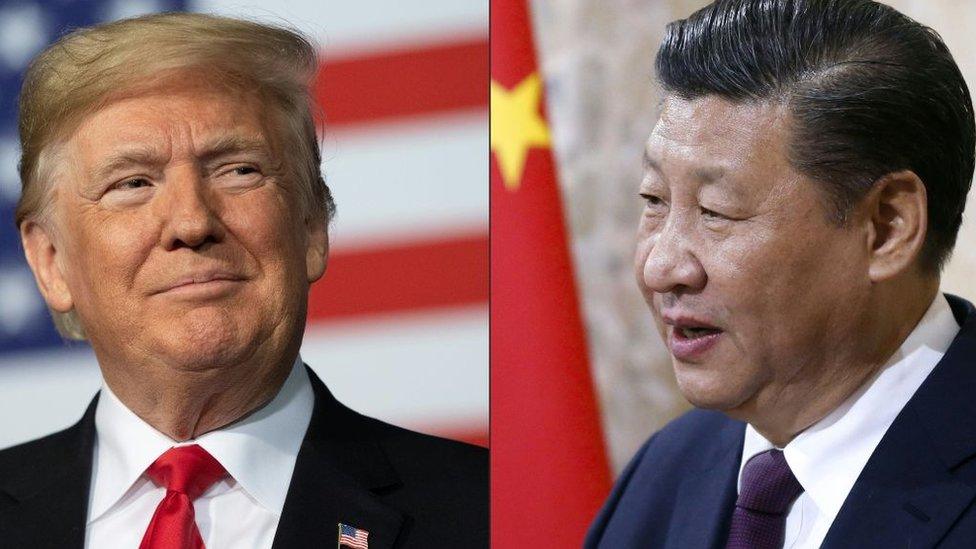
- Published22 September 2020
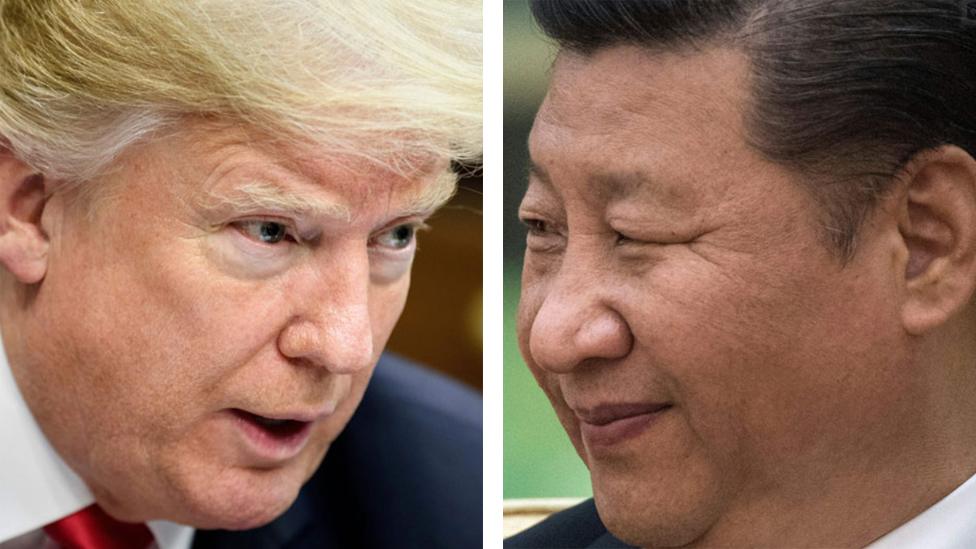
- Published14 December 2022
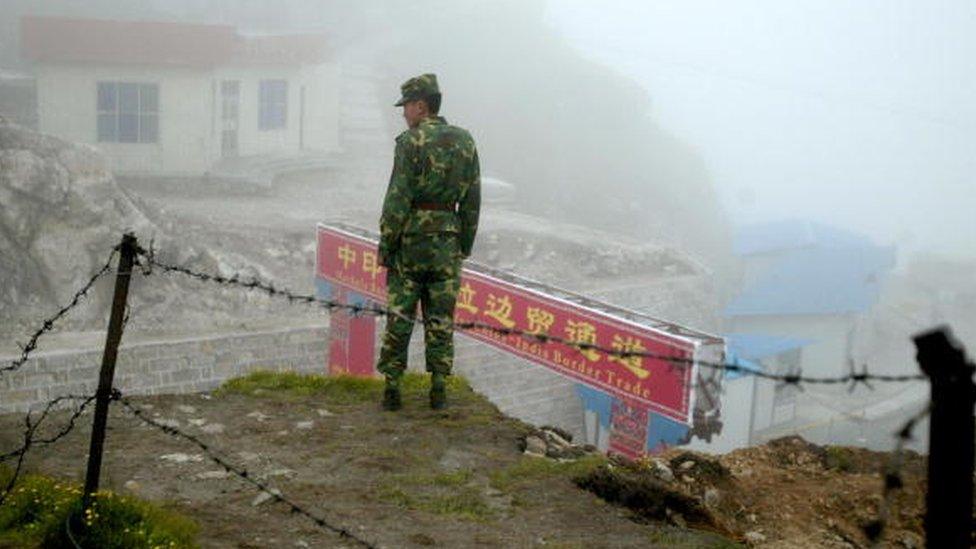
- Published8 September 2020
